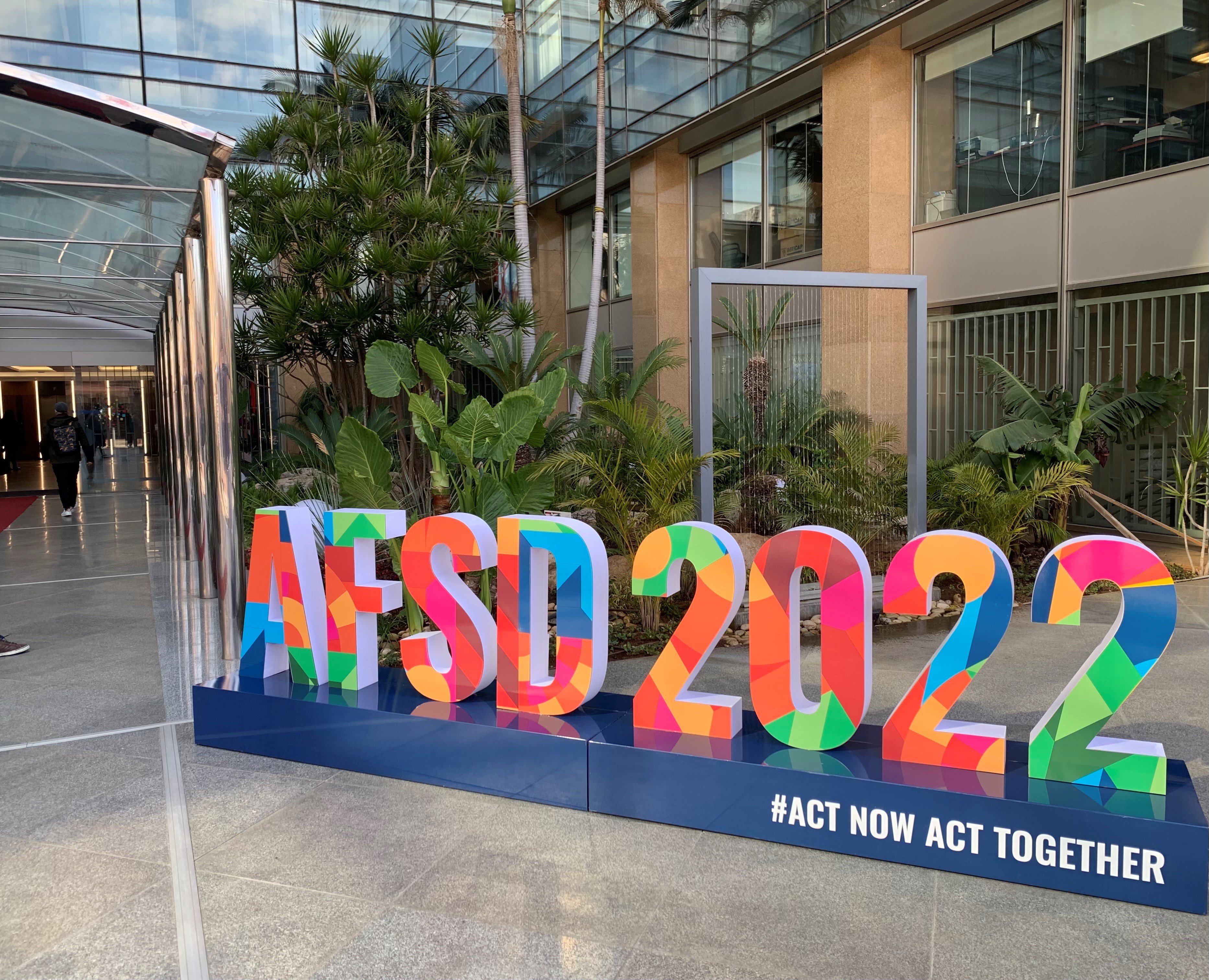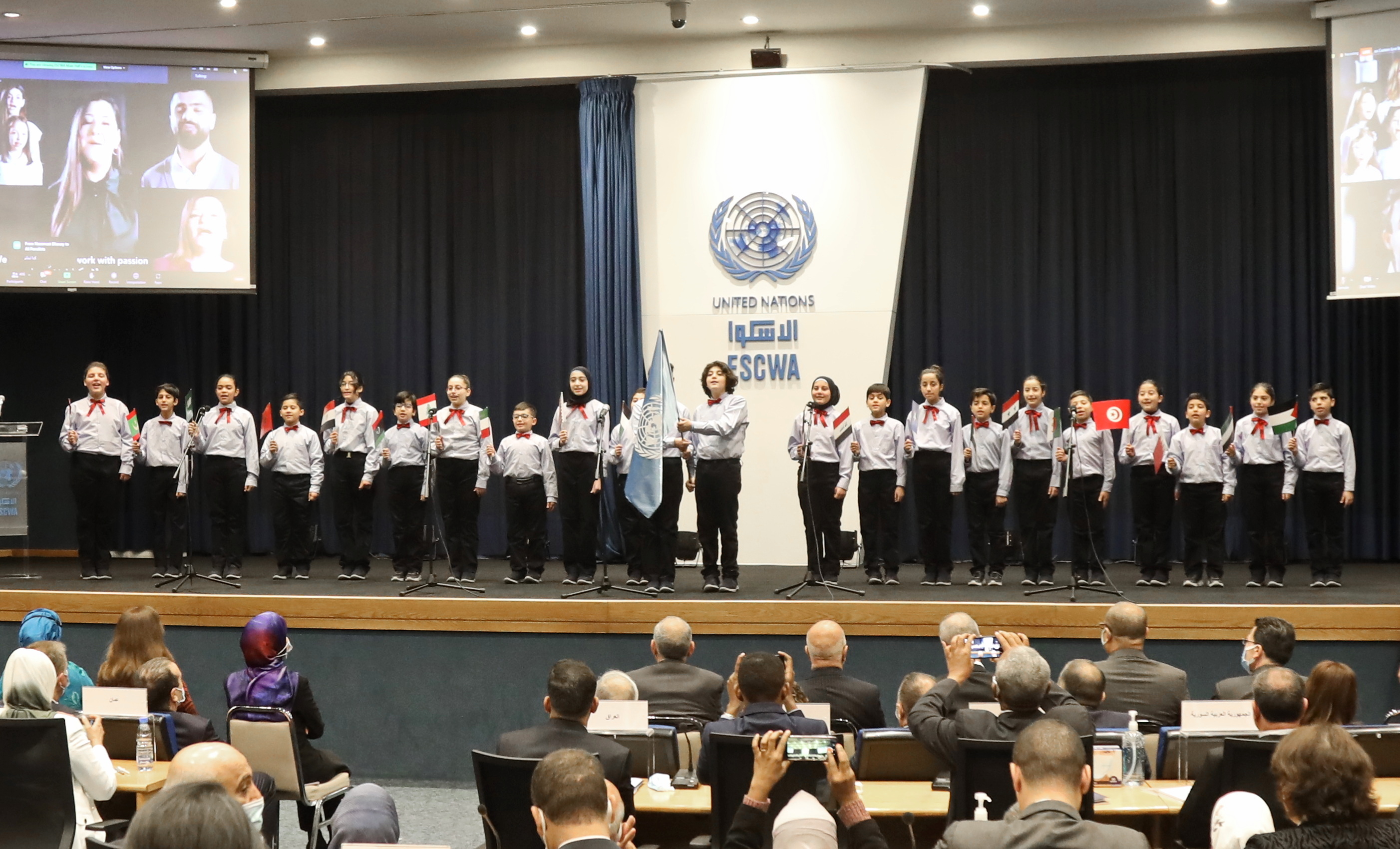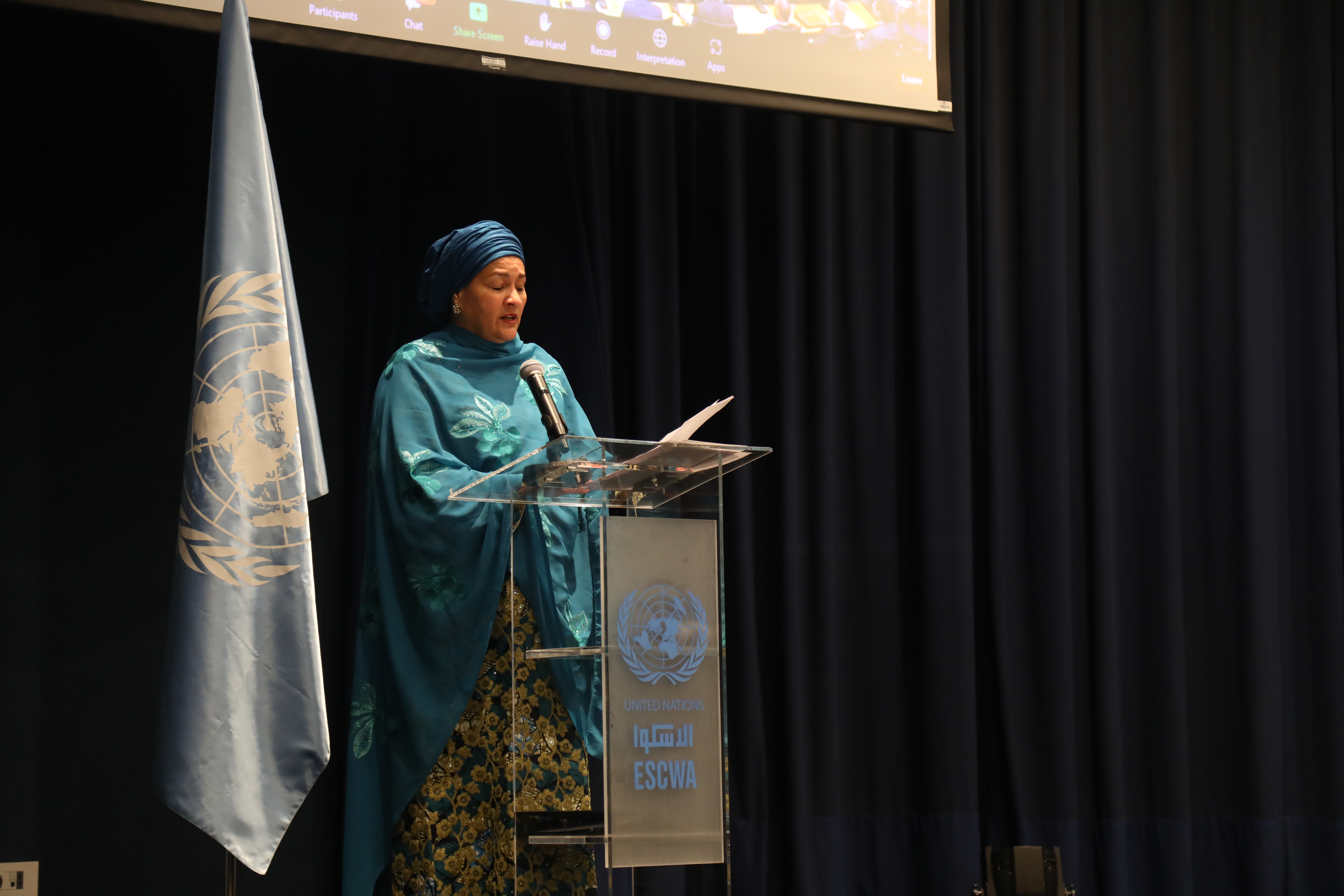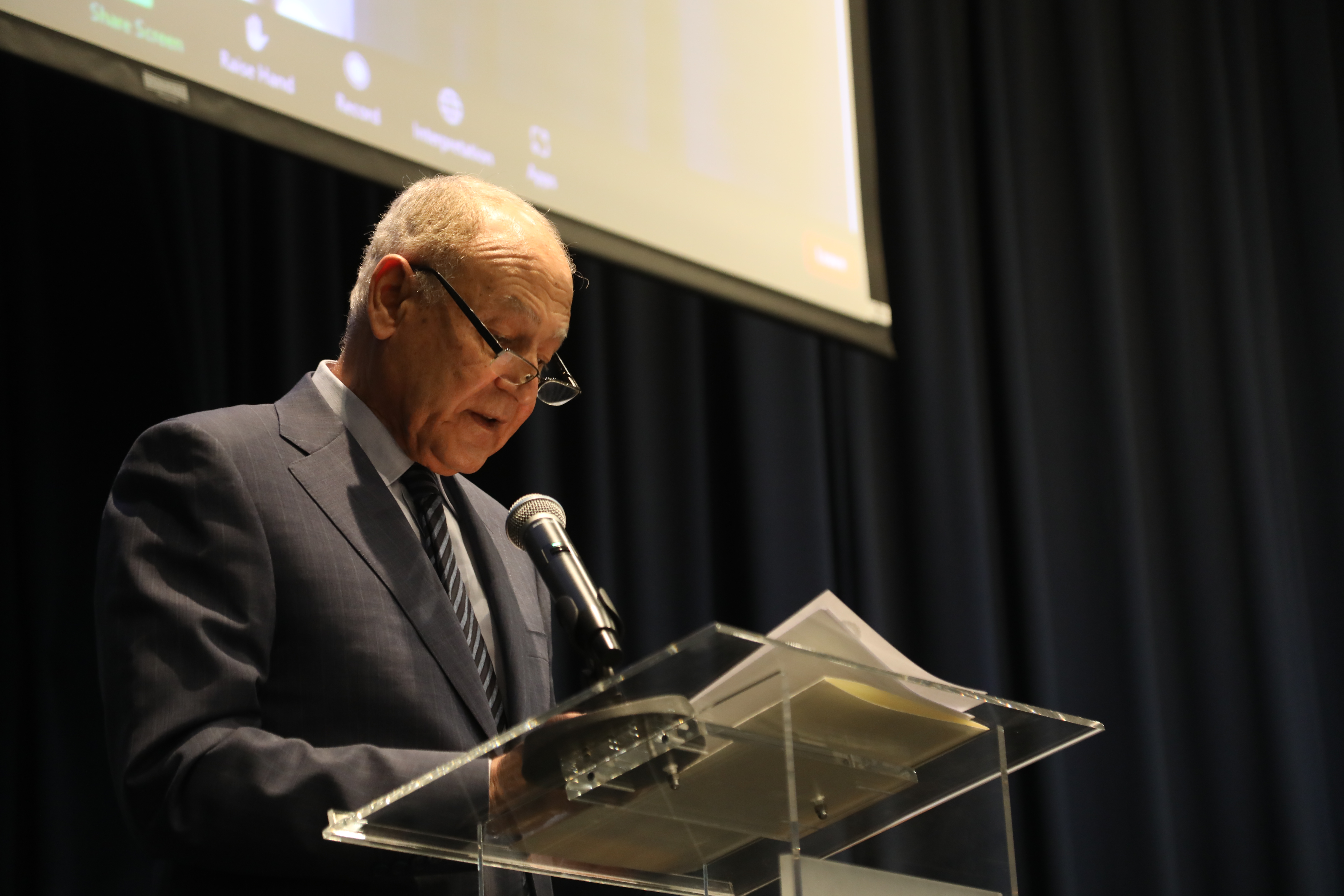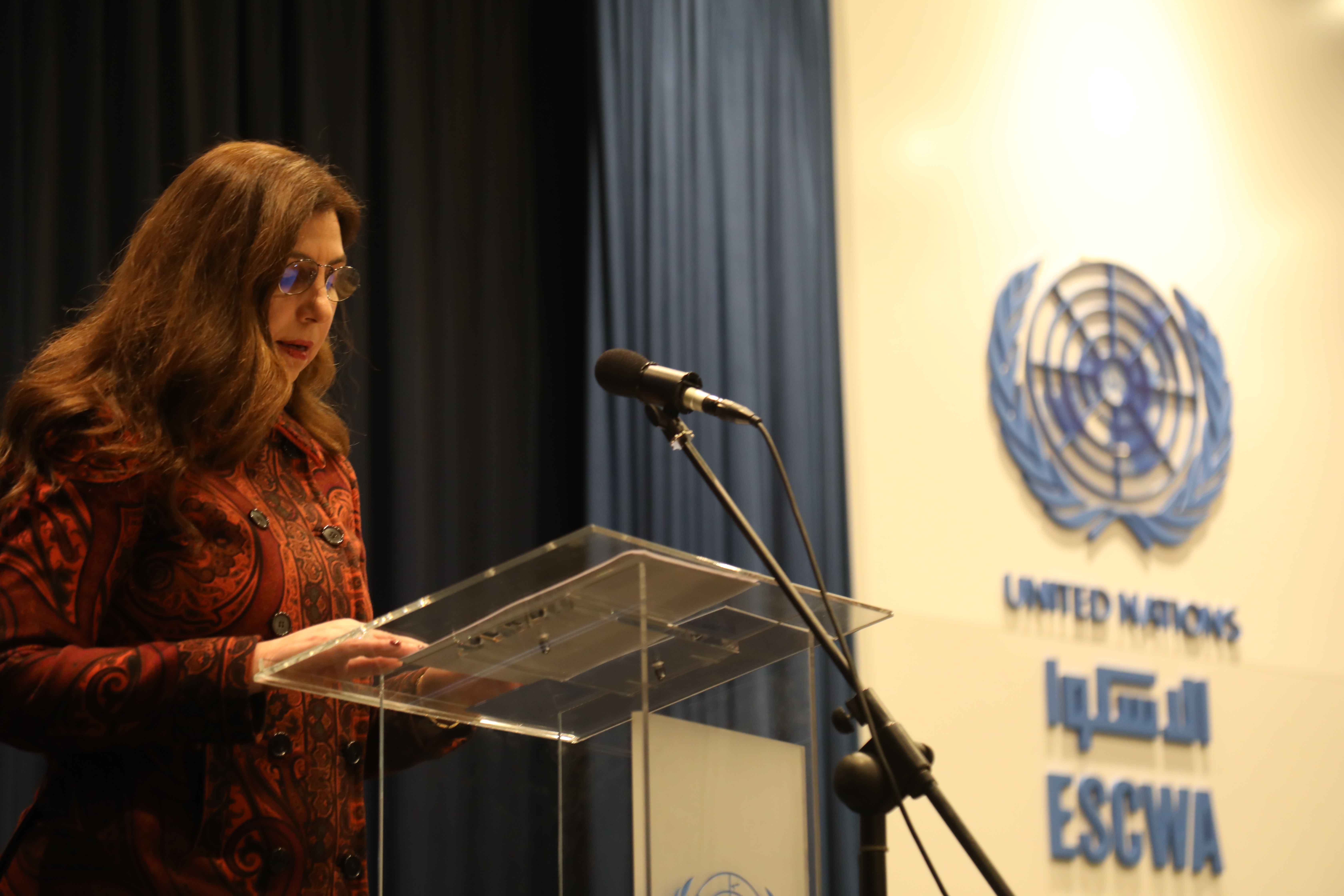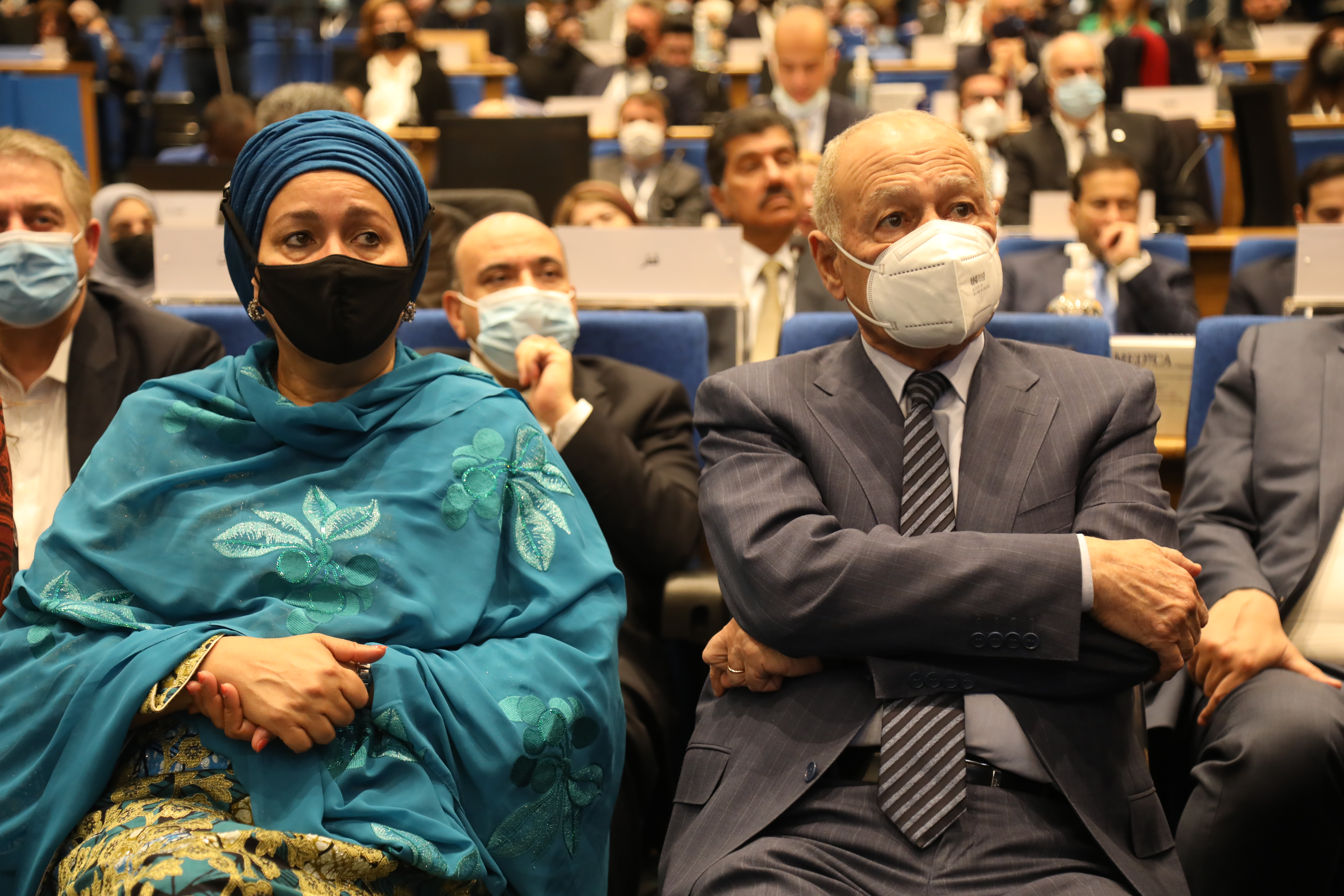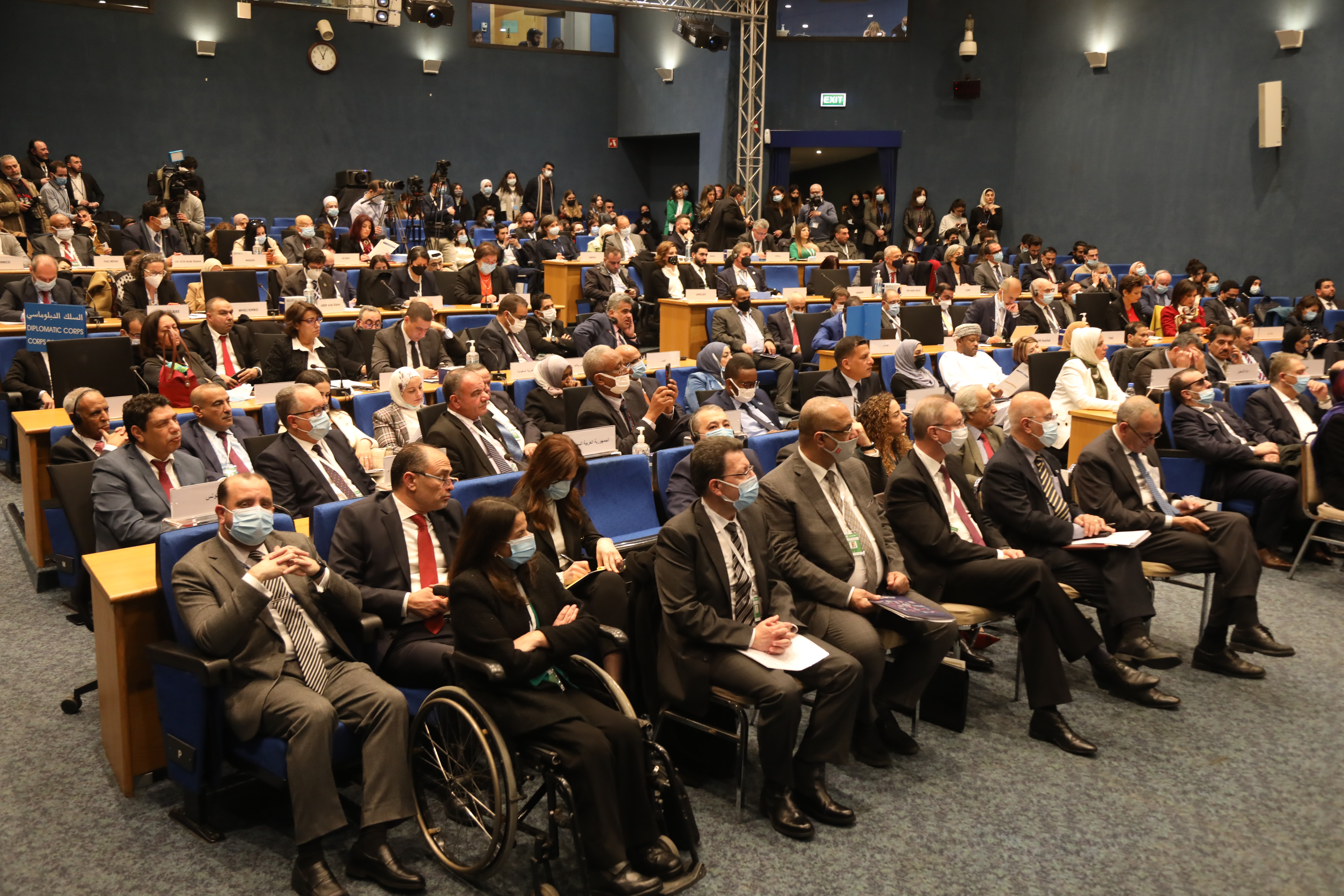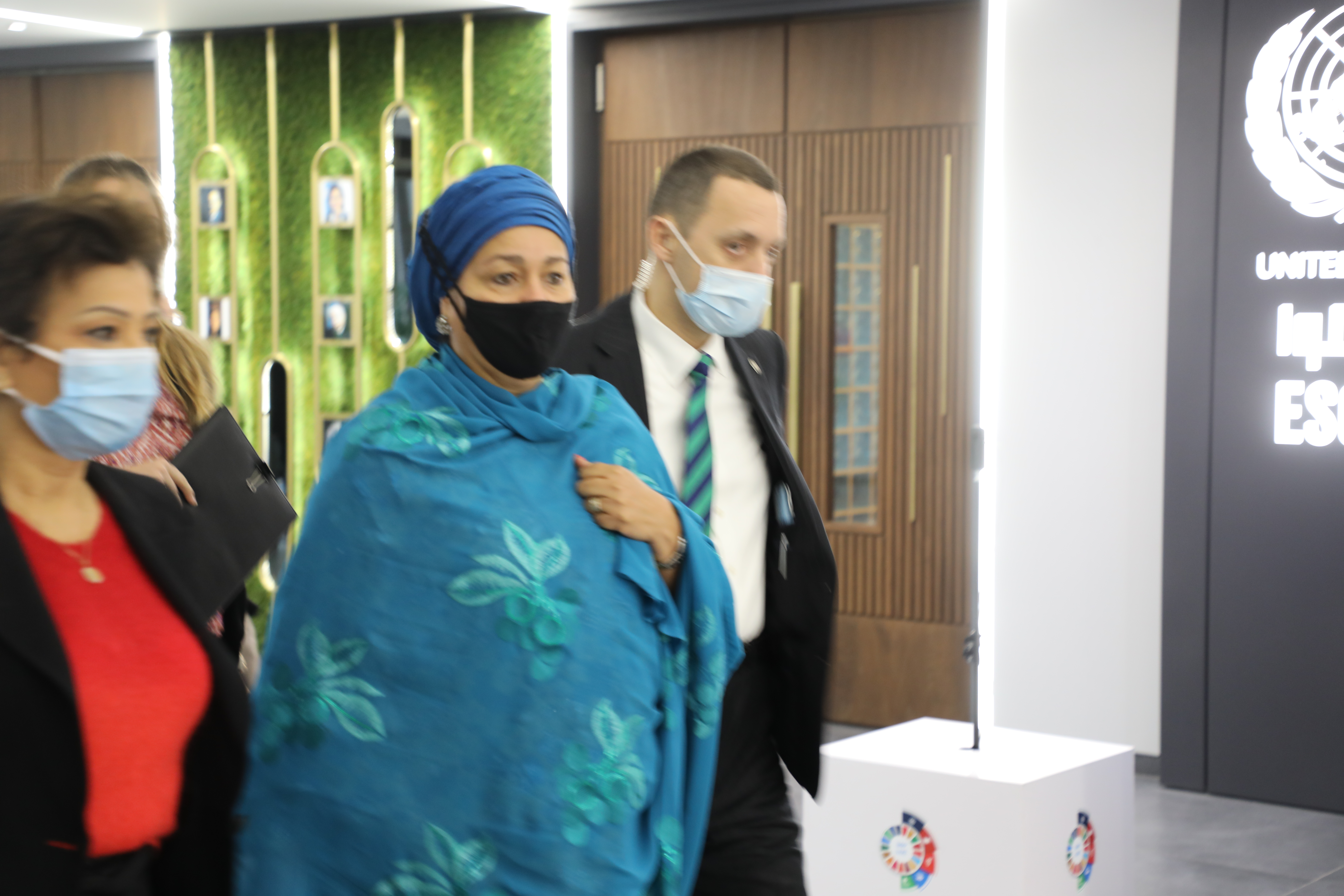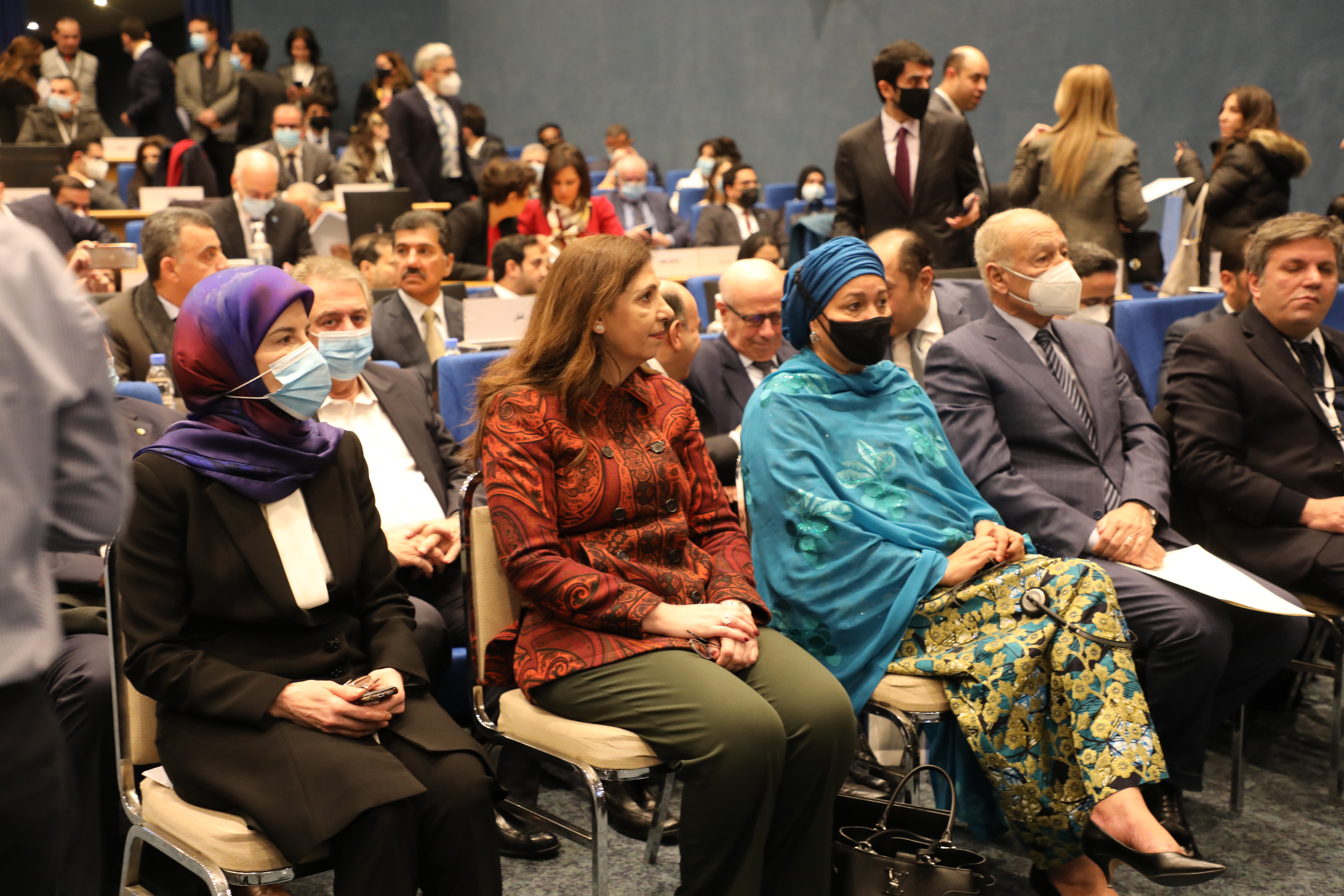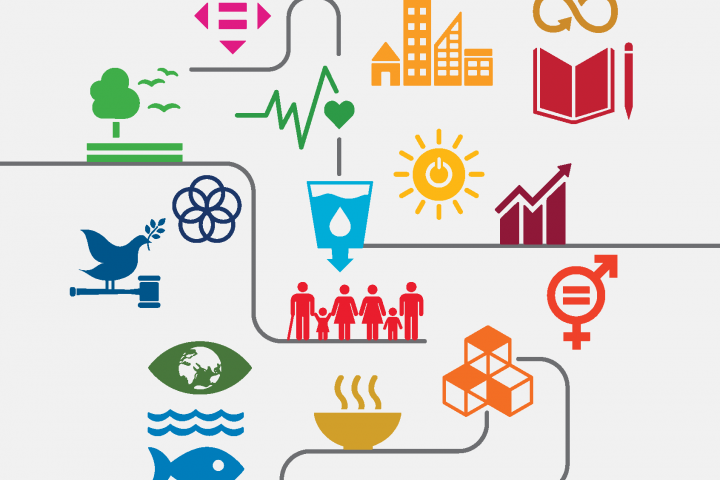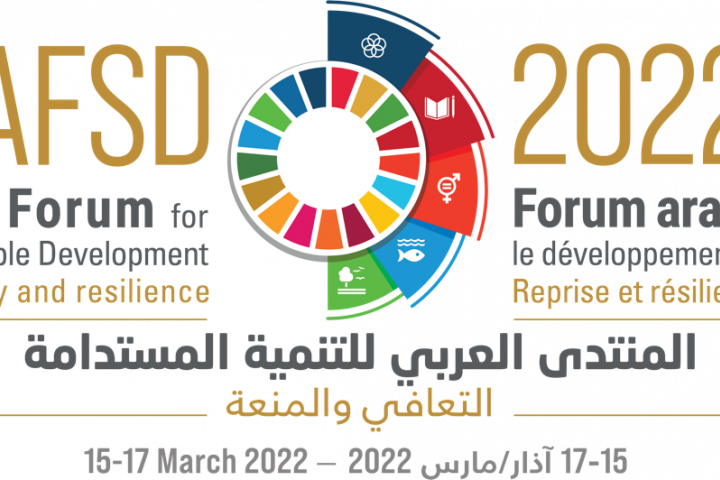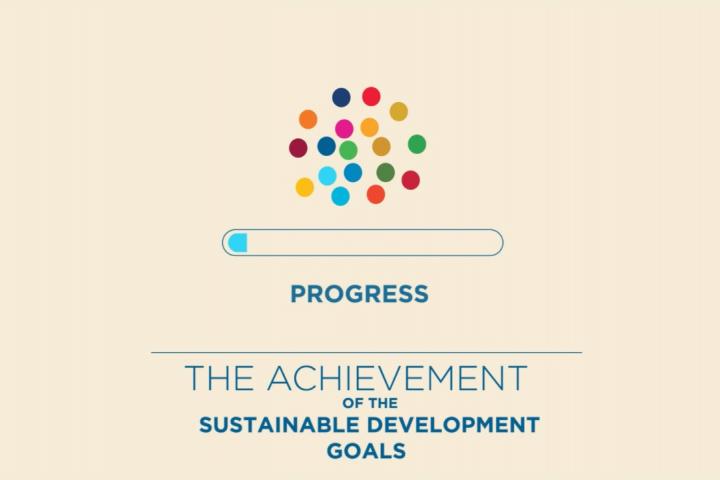Beirut, 15 March 2022 (ESCWA)-- Two years into the COVID-19 pandemic and after a long shift to digital meetings, the United Nations Economic and Social Commission for Western Asia (ESCWA) convened the Arab Forum for Sustainable Development 2022 (AFSD-2022) at the UN House in Beirut, gathering again a large number of high-level delegations and representatives of Arab Governments, regional and international organizations, civil society and private sector, in addition to parliamentarians, researchers and academics.
The Forum, organized in partnership with the League of Arab States (LAS) and 16 UN regional entities on the theme “Recovery and Resilience”, was inaugurated by LAS Secretary-General Ahmed Aboul Gheit, UN Deputy Secretary-General Amina Mohammed, Minister of Planning and International Cooperation of Jordan Nasser Shraideh as Chair of AFSD-2022, and ESCWA Executive Secretary Rola Dashti.
In his statement, Aboul Gheit highlighted the dire repercussions of the pandemic, which reversed many of the gains made by Arab States on their path towards the Sustainable Development Goals, pointing to the dramatic rise in poverty rates in the region. “These conditions have led to the deterioration of many development indicators, in particular those on food security,” he said, stressing that the war in Ukraine would have a further negative impact because of the rise in grain and commodity prices.
Over three days, this year’s edition of the AFSD will feature a variety of plenaries, thematic discussions and special sessions. It will review progress made towards five Sustainable Development Goals (SDGs), namely 4 on quality education; 5 on gender equality; 14 on life below water; 15 on life on land; and 17 on partnerships. Participants will also discuss challenges in financing the achievement of these Goals, and the potential for a green economic recovery and digital transformation, as well as means to enhance social inclusion.
“Achieving the SDGs was never going to be easy. But it is possible,” affirmed Amina Mohammed, stressing that it would require investing in people, especially women and youth; recovering the huge learning losses of the pandemic and reinventing the future of education; supercharging just, green transitions; and adopting a different approach to transitions from crisis and post-crisis settings.
On education, while many Arab countries sought to mitigate the impact of school closures by expanding the use of educational technology to facilitate online and hybrid learning, an estimated 1.3 million children were at risk of dropping out of school because of the crisis in 2020.
For his part, Shraideh noted that the Forum represented a real and unique opportunity for all, countries and other stakeholders, to identify priorities and means of implementation to overcome challenges. “In this Forum, we will discuss the practical approaches required to support recovery and improve resilience in Arab countries, such as strengthening partnerships and international cooperation, and mobilizing funding to accelerate our delivery on development commitments,” he continued.
Indeed, fiscal and external balances weakened across the region with rising poverty and unemployment rates, as the pandemic wiped out $152 billion in potential economic gains. COVID-19 has also had devastating social repercussions, particularly on women. Almost 44% of those who had experienced online violence in 2020 reported that such incidents had moved offline, compared with only 15% in other years. As for the environment, the pandemic has stalled Arab Governments’ efforts to advance the sustainability of marine environments, and the protection, restoration and sustainable use of terrestrial ecosystems, affecting people’s lives and livelihoods in many countries.
In turn, Dashti touched on the obstacles impeding the region’s progress and the war in Ukraine, which would further exacerbate the situation. She however assured that it was possible to strengthen the resilience of Arab countries, notably through quality education; the creation of job opportunities for youth; the provision of social protection for all; the adoption of tax reforms and smart spending; and the realization of a green recovery. “It is a right for our children that current generations pave the way for a bright future and do not burden them with their failures, for today’s failures are tomorrow’s crises,” she concluded.
AFSD is the primary regional mechanism for the follow-up and review of the 2030 Agenda on Sustainable Development in the Arab region. Its findings and recommendations, conveying key messages from the region and its countries, will be submitted to the High-Level Political Forum (HLPF) on Sustainable Development, to be held in July 2022.
For more information, visit the AFSD webpage: afsd-2022.unescwa.org
Find full statements and the media kit here: https://trello.com/b/0t5P2jnZ/afsd2022
****
About ESCWA
One of five United Nations regional commissions, ESCWA supports inclusive and sustainable economic and social development in Arab States, and works on enhancing regional integration.
For more information
- Ms. Maryam Sleiman, Public Information Assistant, +961-81-769888; sleiman2@un.org
- Ms. Rania Harb, Public Information Assistant, +961-70-008879; harb1@un.org
